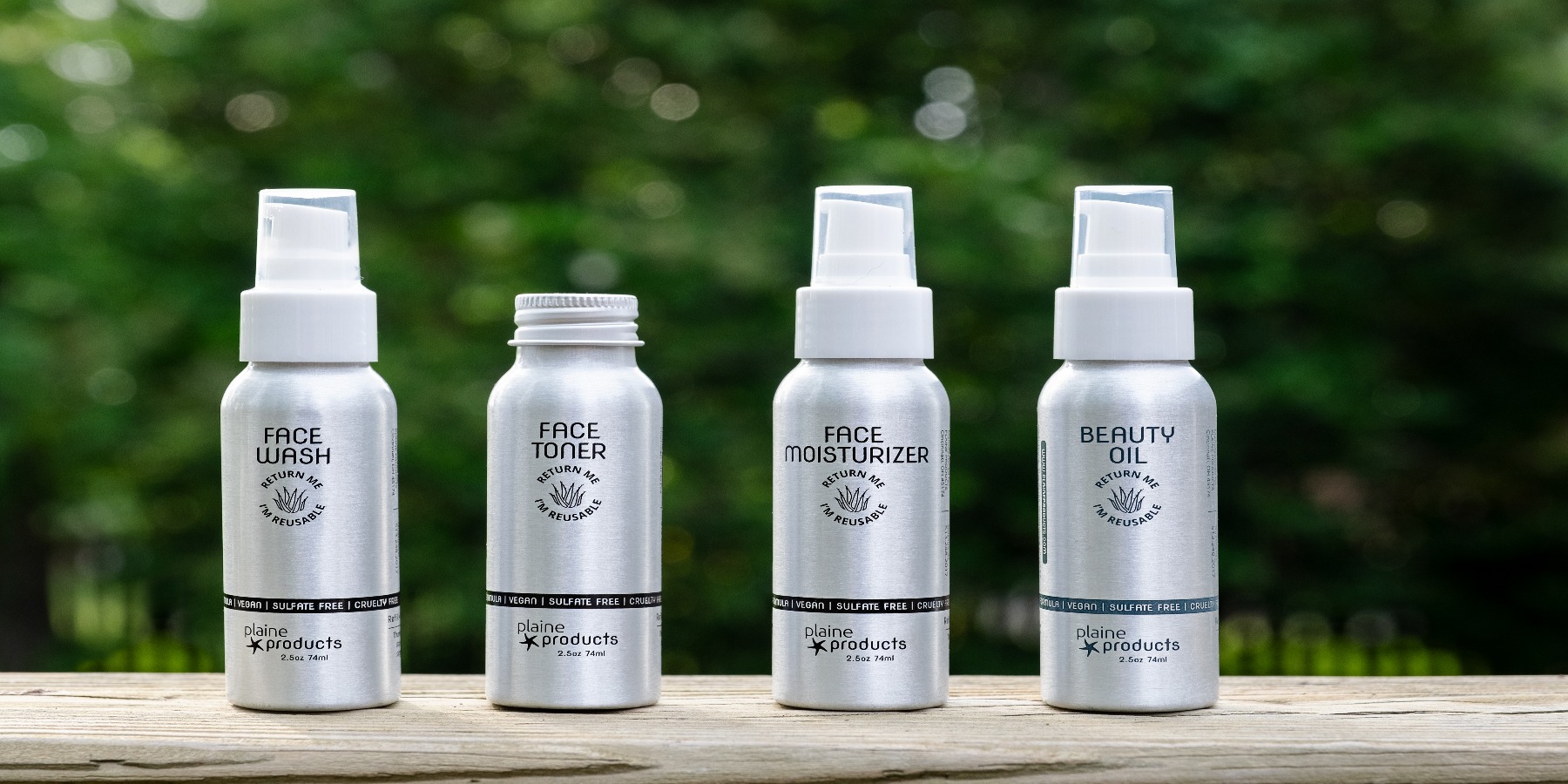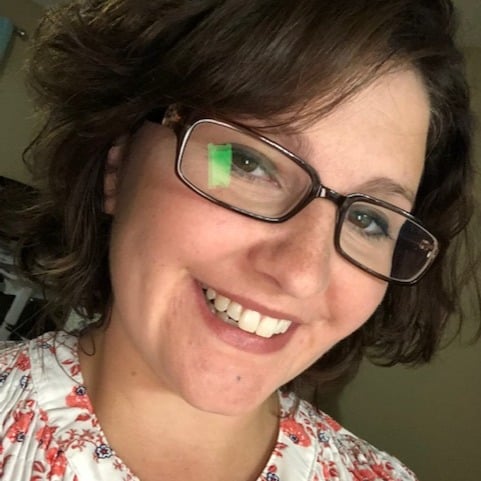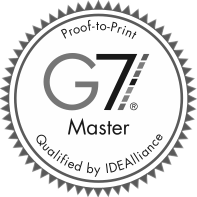The idea behind Lindsey McCoy’s sustainable company all started at a beach. While doing environmental education work in The Bahamas, where her husband was born, she enjoyed the island’s 2,000+ miles of coastline, but the plastic she saw on the beaches, on the roads, and in the water, got stuck in her mind. One beach in particular stood out, one that locals called, “Junk Beach.”
“Its name came from the piles of garbage that wash up on shore everyday,” she said. “The image of all that waste, most of which was plastic, really bothered me.”
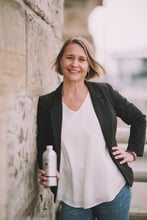 She started trying to use less plastic, skip the bag, skip the straw, but in doing so McCoy started taking note of just how much plastic she used in her life, more specifically, she noticed a lot of plastic in one place: The bathroom.
She started trying to use less plastic, skip the bag, skip the straw, but in doing so McCoy started taking note of just how much plastic she used in her life, more specifically, she noticed a lot of plastic in one place: The bathroom.
The average person uses 11 bottles of body wash, 10 bottles of shampoo, and five bottles of conditioner every year. That adds up.
“So often we see a problem like plastic pollution and say, ‘someone should do something about it,’” McCoy said. “It didn’t take me long to realize that I could be that someone.”
McCoy moved back to the U.S. and teamed up with her sister, Alison, who had small business experience, to create Plaine Products, a sustainable company headquartered in Cincinnati, Ohio that offers personal care products, like shampoo, conditioner, and body wash in aluminum bottles via an eco-friendly subscription service.
Early growing pains
With the goal of reducing plastic waste, the sisters planned to launch a line of products that weren’t just in a recyclable container, but create an entire reusable cycle where the customer ordered a product, used it, and sent the empty container back for reuse.
It was a lofty plan. Out of the gate, the company hit a packaging snag. The company used stainless steel bottles to hold shampoo and conditioner, but during the testing phase, just several weeks before the company was set to launch, users noticed the bottles were rusting in the shower.
“It was a very dark time for us,” McCoy recalled. “It would have been easy to give up, but we decided to search for a solution.”
The solution wouldn’t be an easy one to find. After all, the bottle had to check a lot of boxes. It had to be:
- Made of a sustainable material that could easily be sourced depending on product needs
- Flexible in terms of sizes for different products
- Safe and durable to use in a wet environment
- Something that already existed because there wasn’t money in the startup budget to create a prototype
- Something that was easy to recycle once it had become too worn to reuse and that was able to be recycled with zero quality loss
After months of searching, the company decided to use an aluminum bottle. The whole process delayed the company start date by about six months, but McCoy says it was worth the time to get it right.
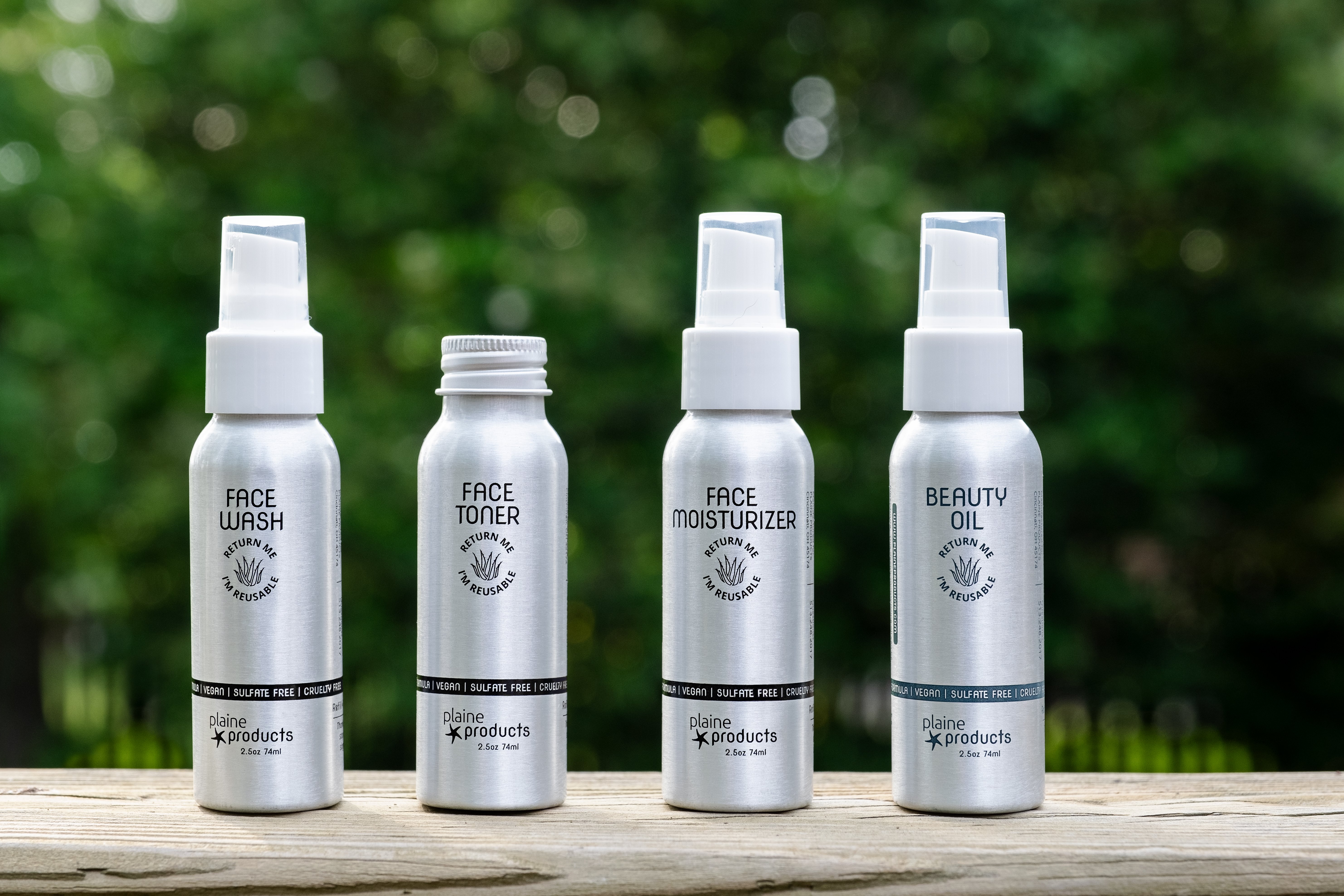
Banking on the customer
The aluminum bottle wasn’t the company’s only challenge. The company was banking on the customer’s willingness to do more than just buy a sustainable product.
When an order is placed, Plaine Products customers receive the product in a reusable box. When they are running low on product they are asked to return and order a refill, which can be ordered on-demand or as part of a subscription service. That refill comes with a shipping label to send empty bottles back to the company where they’re cleaned, refilled, and returned to circulation. Plus, customers are asked to reuse the plastic pump in the refill bottle.
“We took a big leap when we launched our company by asking customers to mail the bottles back,” McCoy said. “But, our customers haven’t let us down. They are more than willing to do their part to reduce plastic waste, and if that means shipping back a bottle or two, they’ll do it. We have over a 70% return rate without offering any additional incentives.”
Plaine Products also works to educate their customers. Some customers wonder why they can’t just buy the product, recycle the bottle, and buy another. McCoy says it’s not enough to curb plastic waste.
“Plastic has a lifespan,” she said. “It can be recycled once or twice and used to create clothing or a bench, for example, but at some point it can no longer be used. When it reaches that point, it goes to the landfill.”
This assumes the bottle is recycled to begin with, and the truth is, most plastic bottles never hit the recycling bin. Only 50% of plastics used in the bathroom are recycled, and globally, only 10% of plastics are recycled due to low demand and logistical challenges.
Recycling alone isn’t a solution, McCoy said, but if everyone refilled their shampoos, conditioners, and soaps, that could make a real impact on the environment. The company is already starting to see environmental benefits. Since the company’s inception in 2017, customers have kept an estimated 250,000 plastic bottles out of landfills.
The challenge of finding sustainable vendors and printers
Research shows 78% of companies are working to integrate sustainability into their supply chain, but it’s not an easy feat. Many vendors say they’re sustainable or eco-friendly, but their claims aren’t substantiated; which is known as greenwashing.
How do you find a vendor or printer that’s aligned with your values and level of sustainability? McCoy suggests creating your own set of guidelines before reaching out to vendors.
Your list might include working with a local supplier, finding a printer with an SGP certification in sustainability, or sourcing raw materials responsibility and domestically.
Your list should be pretty specific too. If Plaine Products were to make a list right now, it would include working with one vendor for the bottle and the box that the product is mailed in. The bottles must be aluminum, sourced in the U.S., and have labels printed right on them. The packaging, which is used to deliver the products to customers and return empty bottles to the company, must be made of recyclable materials, use paper tape, and have an eco-friendly shipping label.
That’s a pretty specific list, but it’s better for your company to present its guidelines to a vendor than adopt the guidelines offered by a vendor, McCoy said.
Working towards new goals
Plaine Products started four years ago with the intent of serving consumers who are looking for body and hair care products with sustainable, vegan ingredients and sustainable packaging. While the company has had its share of challenges, especially when it came to packaging, the company’s customer base is growing by the day. As a result, this sustainability-focused company has set a goal of diverting another 250,000 plastic bottles from landfills by the end of 2021.

